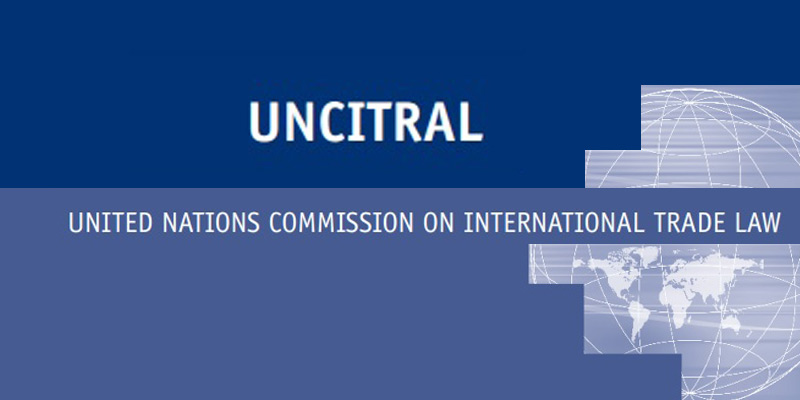- World
- Sep 18
Explainer - What is the purpose of UNCITRAL?
• India hosted the 2023 UNCITRAL South Asia Conference in New Delhi from September 14-16.
• The three day conference was in continuation of the conference hosted in New Delhi in 2016 to celebrate 50 years of UNCITRAL.
• It was aimed at furthering India’s engagement with UNCITRAL.
• The United Nations Commission on International Trade Law (UNCITRAL) is the core legal body of the United Nations system in the field of international trade law.
What is the purpose of UNCITRAL?
• When world trade began to expand dramatically in the 1960s, national governments began to realise the need for a global set of standards and rules to harmonise and modernise the assortment of national and
regional regulations, which until then largely governed international trade. They turned to the United Nations, which in 1966 recognised the need for it to play a more active role in removing legal obstacles to the flow of international trade.
• UNCITRAL was established by the United Nations General Assembly in December 1966.
• The International Trade Law Division of the United Nations Office of Legal Affairs provides substantive secretariat services to UNCITRAL, such as conducting research and preparing studies and drafts.
How it works?
• UNCITRAL plays an important role in developing that framework in pursuance of its mandate to further the progressive harmonisation and modernisation of the law of international trade by preparing and promoting the use and adoption of legislative and non-legislative instruments in a number of key areas of commercial law.
• Those areas include dispute resolution, international contract practices, transport, insolvency, electronic commerce, international payments, secured transactions, procurement and sale of goods.
• These instruments are negotiated through an international process involving a variety of participants, including Member States of UNCITRAL, non-Member States, and invited inter-governmental and non-governmental organisations.
• As a result of this inclusive process, these texts are widely accepted as offering solutions appropriate to different legal traditions and to countries at different stages of economic development.
• Texts designed to simplify trade transactions and reduce associated costs are developed by working groups comprising all Member States of UNCITRAL, which meet once or twice per year.
• Non-Member States and interested international and regional organisations are also invited and can actively contribute to the work since decisions are taken by consensus, not by vote. Draft texts completed by these working groups are submitted to UNCITRAL for finalisation and adoption at its annual session.
• Much of the complex network of international legal rules and agreements that affects today’s commercial arrangements has been reached through long and detailed consultations and negotiations organised by UNCITRAL.
Members of UNCITRAL
• Members of UNCITRAL are selected from among Member States of the United Nations and represent different legal traditions and levels of economic development.
• The original membership comprised 29 countries. It was expanded by the UNGA in 1973 to 36 States and again in 2002 to 60 countries. The membership of the Commission was increased from 60 to 70 States in December 2021.
• The expansion reflected the broader participation and contribution by States beyond the then existing Member States and stimulated interest in UNCITRAL’s expanding work programme.
• Membership is structured to ensure representation of the world’s various geographic regions and its principal economic and legal systems.
• The UN General Assembly elects members for terms of six years. Every three years, the terms of half of the members expire.
Manorama Yearbook app is now available on Google Play Store and iOS App Store

